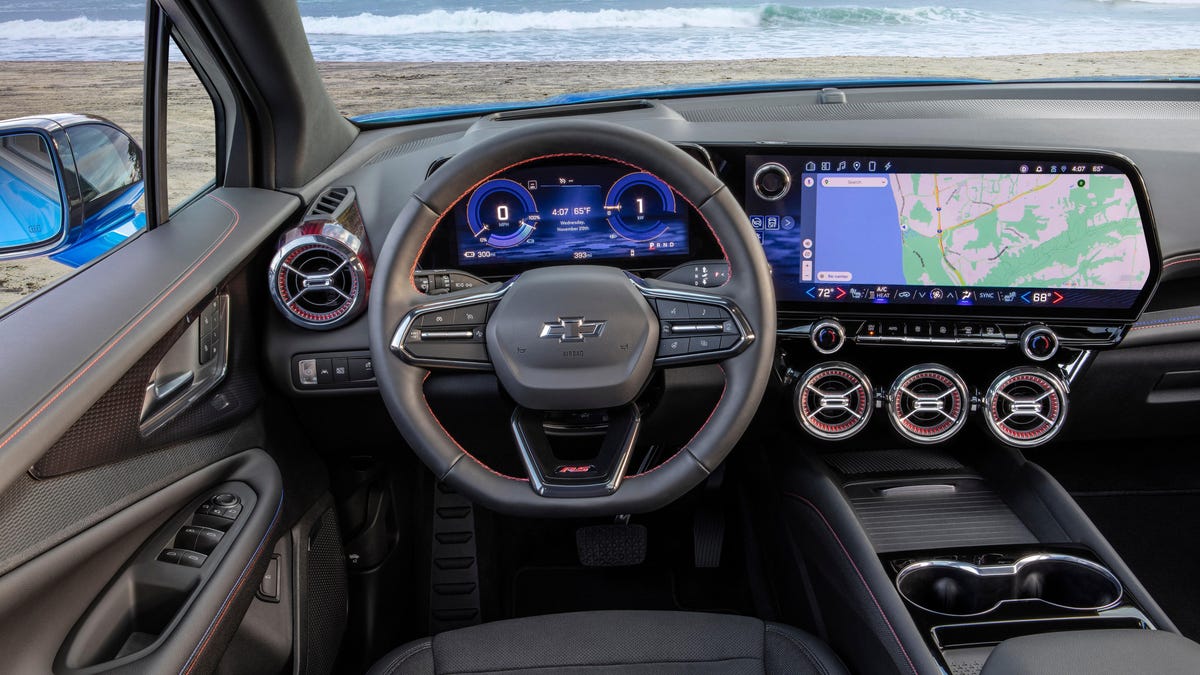Ever since tech companies learned that data can be sold for dollars, modern gadgets have collected every iota of user info possible just to sell off to the highest bidder. Your car has long been part of this data-sharing network, but it seems its part is larger than most of us would suspect — in fact, it may just be the largest seller of your information.
CNBC looked into the current state of data collection in cars, and found that consumer protections in the United States are minimal bordering on nonexistent. Some states have made efforts to protect their citizens, but by and large manufacturers are allowed to collect and sell information to their hearts’ content and reap those sweet, sweet profits. From CNBC:
Most car manufacturers provide options to opt out of unnecessary data sharing, but as with many other consumer technologies where there is money to be made from the sale of data, these settings are often buried within menus, according to Counterpoint senior analyst Parv Sharma. A McKinsey report from 2021 predicted that various use cases for car-data monetization could deliver $250 billion to $400 billion in annual revenue for industry players by 2030.
…
“The amount of personal and car information that car companies collect, share and sometimes sell is beyond what is necessary to get someone from Point A to Point B safely. And it’s just getting worse,” said Jen Caltrider, a privacy researcher at Mozilla Foundation. A September report from Mozilla gave 25 major car brands failing marks for consumer privacy. The report was headlined: “It’s Official: Cars Are the Worst Product Category We Have Ever Reviewed for Privacy.”
…
There’s no easy answer for customers looking to bolster their data privacy behind the wheel. One option, that is becoming increasingly less practical, is to buy an older car that can’t collect your data.
Another option is to research a carmaker’s privacy protections before you buy. This information can often be found on a carmaker’s website or by searching online using keywords such as the company name, privacy and connected car. Several companies, for example, say in their privacy policies that they don’t sell customer data, but that doesn’t mean they aren’t sharing it with third parties. What’s more, the definition of selling can be nuanced, depending on factors such as a state’s privacy laws, Caltrider said.
When your best option to retain your privacy is “buy an older car,” things definitely seem like they’re bad. Buyers of current cars, though, have some solace to take: Things are only getting worse from here, and someday their cars will be the ones limited in their data collection capacity:
By 2030, more than 95% of the passenger cars sold are likely to have embedded connectivity, according to Counterpoint Technology Market Research. This allows car manufacturers to offer functions related to safety and security, predictive maintenance and prognostics. But it also opens the door for companies to collect, share or sell data related to driving habits and other personal information that people may not want shared.
…
Eric Goldman, associate dean for research and a professor at Santa Clara University School of Law, wrote in an email that “we are in desperate need of a comprehensive federal consumer privacy bill that would address this circumstance and preempt the hodgepodge of state laws.”
Maybe the best-case scenario for automakers and consumers is that the growing attention leads more car companies to use stricter data privacy practices as a marketing tool, similar to how Apple differentiates itself from competitors, Hodgson said. On Friday, GM, which is facing a consumer lawsuit, said it had stopped sharing driver data with data brokers that worked with the insurance industry. In a statement to the press, GM said, “Customer trust is a priority for us, and we are actively evaluating our privacy processes and policies.”
Ah! The companies may find that not collecting data makes them look good! Well, in that case, it’s all fine and good. Surely automakers would never do something that mars their reputation in the public eye, just because it nets them a few extra dollars.

